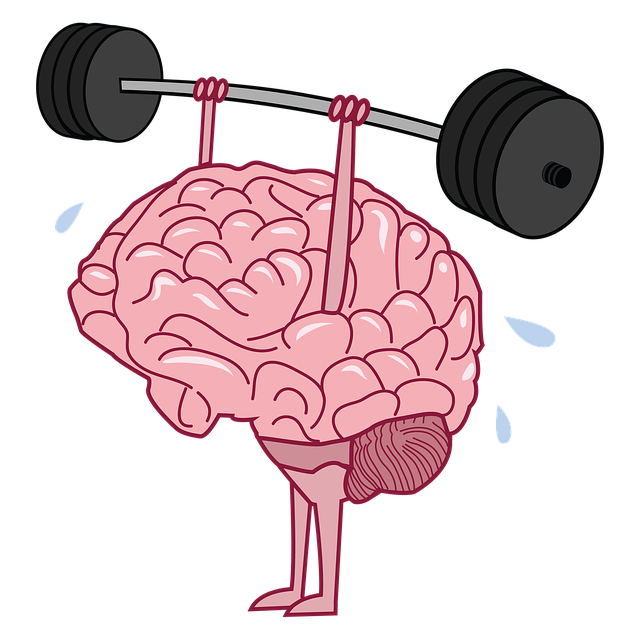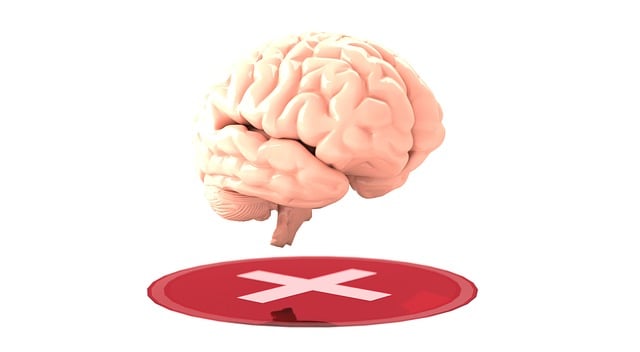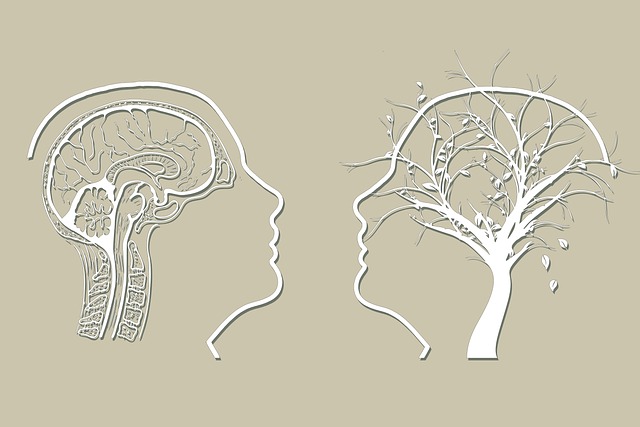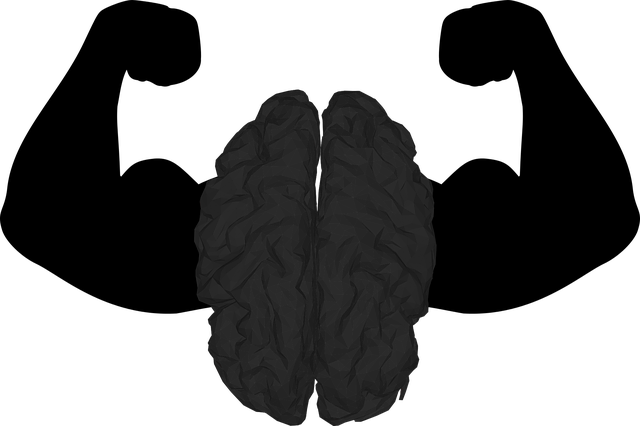Englewood Grief Counseling Therapy (EGCT) employs a multi-faceted approach to evaluate its wellness programs, combining quantitative and qualitative methods for comprehensive assessment. By tracking symptoms, client satisfaction, and retention rates, along with in-depth interviews and focus groups, EGCT gains insights into program effectiveness tailored to diverse populations, especially those from varied cultural backgrounds. This data-driven strategy ensures the continuous improvement of mental health services, enhancing accessibility and outcomes for individuals seeking emotional healing and support. Through adapted therapeutic methods and holistic practices, EGCT maintains its impact over time.
Mental wellness programs are essential components of modern healthcare, yet their effectiveness often depends on robust evaluation methods. This article explores various techniques for assessing these programs, using Englewood Grief Counseling Therapy as a case study. We delve into qualitative and quantitative approaches, highlighting how methodologies like in-depth interviews and data analytics can uncover insights. By examining both participant experiences and measurable outcomes, organizations can refine their strategies, ensuring tailored and successful mental wellness interventions.
- Understanding the Need for Program Evaluation in Mental Health
- Englewood Grief Counseling Therapy: A Case Study Approach
- Qualitative Assessment Methods for Wellness Programs
- Quantitative Metrics: Tracking Progress and Success Rates
- Continuous Improvement: Using Evaluation Data for Program Refinement
Understanding the Need for Program Evaluation in Mental Health

In the complex landscape of mental health services, evaluating the effectiveness of wellness programs is an indispensable practice. This becomes especially critical when focusing on niche areas like Englewood Grief Counseling Therapy. Programs aimed at Anxiety Relief and fostering Mental Wellness must be held to standards to ensure they deliver tangible benefits to participants. Without evaluation, it’s challenging to identify what truly works, potentially leading to inefficient resource allocation and continued struggles for those in need.
Comprehensive program evaluations provide a roadmap for understanding the impact of interventions, such as Social Skills Training within grief counseling. By employing evidence-based assessment tools and collecting participant feedback, professionals can gauge improvements in symptoms, coping mechanisms, and overall quality of life. This data-driven approach allows for continuous improvement, tailoring services to better meet the unique needs of individuals seeking support in places like Englewood, ultimately enhancing the accessibility and effectiveness of mental health care.
Englewood Grief Counseling Therapy: A Case Study Approach

Englewood Grief Counseling Therapy offers a compelling case study approach to evaluating mental wellness programs. This method involves intensive examination of therapeutic processes and outcomes, providing valuable insights into the effectiveness of grief counseling techniques. By closely observing and documenting individual client journeys, practitioners gain a nuanced understanding of what works best for different populations.
The case study methodology allows for in-depth analysis of Emotional Well-being Promotion Techniques tailored to specific needs, such as those arising from cultural backgrounds. Cultural Sensitivity in Mental Healthcare Practice is paramount here, ensuring that counseling approaches respect and integrate clients’ unique cultural perspectives. This holistic evaluation not only improves the quality of care but also fosters greater emotional intelligence, empowering both therapists and clients to navigate complex emotional landscapes with enhanced coping strategies.
Qualitative Assessment Methods for Wellness Programs

Evaluating mental wellness programs using qualitative assessment methods offers a deep understanding of participants’ experiences and perceptions. This approach is especially valuable for initiatives like Englewood Grief Counseling Therapy, where the focus is on emotional healing and support. Techniques such as in-depth interviews and focus groups allow individuals to share their personal stories, reflect on the program’s impact, and provide candid feedback. These interactions offer rich insights into how participants engage with various components of the wellness program, including Conflict Resolution Techniques, Communication Strategies, and Self-Awareness Exercises.
Qualitative assessments enable researchers and therapists to uncover nuanced details about the program’s effectiveness. For instance, through open-ended questions, participants can express how specific activities or discussions have influenced their mental well-being and coping mechanisms. This method facilitates a more comprehensive evaluation by capturing individual experiences that quantitative measures might overlook. It also helps in identifying areas for improvement, ensuring the wellness program aligns with the evolving needs of its participants.
Quantitative Metrics: Tracking Progress and Success Rates

Quantitative metrics play a crucial role in evaluating the effectiveness of mental wellness programs, especially in contexts like Englewood Grief Counseling Therapy. By tracking specific data points, therapists and practitioners can gain valuable insights into the progress and success rates of participants. This involves measuring key indicators such as symptom severity, client satisfaction, and retention rates. For instance, reducing anxiety and depression scores through standardized assessments over time can demonstrate the program’s impact on individual well-being.
For programs centered around principles like Mind Over Matter, tracking improvements in areas like coping strategies, stress management, and overall mental resilience is essential. Similarly, initiatives focused on boosting confidence and preventing burnout among participants should monitor changes in self-efficacy levels, work engagement, and psychological distress. These quantitative metrics not only hold clinical value but also serve as compelling evidence for the program’s success, informing future iterations and potentially attracting more participants who stand to benefit from these effective interventions.
Continuous Improvement: Using Evaluation Data for Program Refinement

Englewood Grief Counseling Therapy programs can significantly benefit from adopting a culture of continuous improvement, leveraging evaluation data to refine and optimize their offerings. By systematically gathering feedback and analyzing outcomes, therapists can identify areas for enhancement in both therapeutic techniques and program design. This iterative process enables them to adapt practices, ensuring the most effective support for clients navigating grief and emotional healing processes.
For instance, assessment data may reveal that certain self-care practices are particularly beneficial for participants’ mood management. This insight could prompt therapists to integrate these strategies more prominently into the program curriculum, fostering a holistic approach to mental wellness. Such data-driven refinement ensures that the therapy remains relevant and impactful over time, catering to the evolving needs of individuals seeking emotional healing.
Evaluating mental wellness programs, such as the Englewood Grief Counseling Therapy model, is essential to ensure their effectiveness and adaptability. By combining qualitative insights from case studies and quantitative data tracking, we can gain a comprehensive understanding of program performance. This dual-approach allows for continuous improvement, enabling therapists to refine and optimize treatments based on real-world outcomes. Through this method, programs like Englewood Grief Counseling Therapy can enhance their impact, providing better support for those seeking mental wellness.














